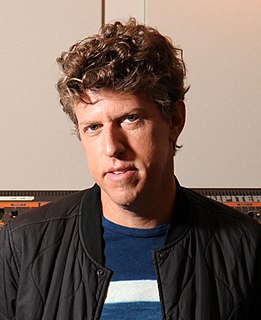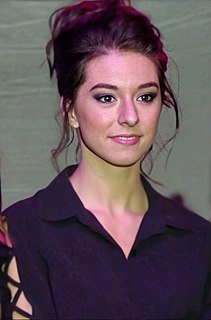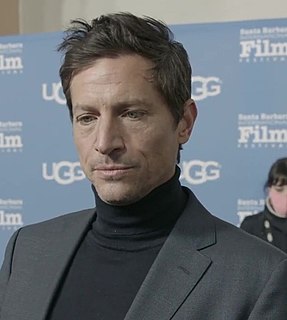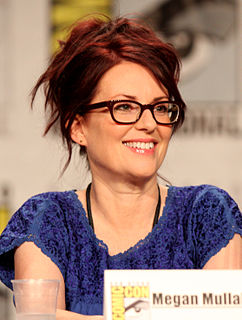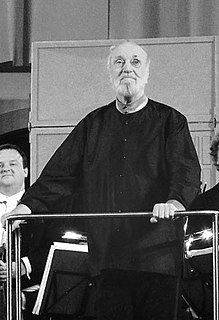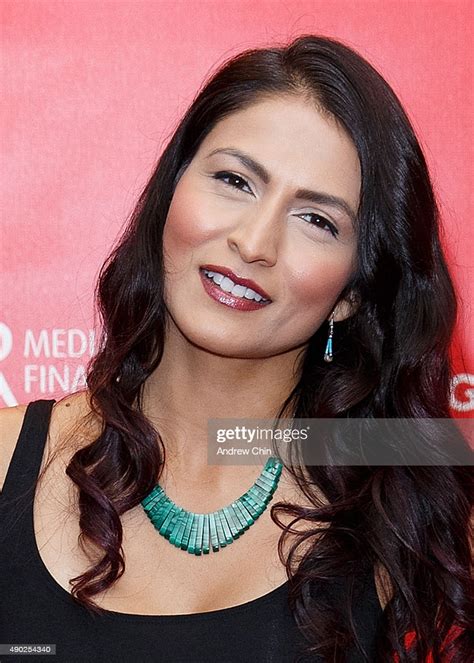A Quote by Greg Kurstin
Sia is like no one else I've ever worked with. She comes completely from this non-logical but very emotional place. I could be wrong, but she doesn't really seem to analyse what she's writing. She doesn't really revise it, but goes with that first thing that comes out.
Related Quotes
...she could express her soul with that voice, whenver I listened to her I felt my life meant more than mere biology...she could really hear, she understood structure and she could analyze exactly what it was about a piece of music that had to be rendered just so...she was a very emotional person, Annette. She brought that out in other people. After she died I don't think I ever really felt anything again.
She is fragile, she is soft, she is weaker, she is afraid. All around is a man-created world, and she is a stranger in it. She needs security. So when she falls in love, the first concept, the first idea, is how to be secure, safe. She would not like to make love to a man unless marriage is settled. Marriage has to be the first thing, then anything else can follow.
When you think Selena Gomez, you think 'celebrity.' But really, she does so many things for me. She's very caring. Before she goes on stage, she's a goofy girl. She's fun-loving and totally lovable, which I say in the most honest way. She's not even a celebrity to me; she's just a really cool person.
He began to trace a pattern on the table with the nail of his thumb. "She kept saying she wanted to keep things exactly the way they were, and that she wished she could stop everything from changing. She got really nervous, like, talking about the future. She once told me that she could see herself now, and she could also see the kind of life she wanted to have - kids, husband, suburbs, you know - but she couldn't figure out how to get from point A to point B.
Madonna was very cool. I thought she was really nice, really present, and she worked really, really hard... She didn't necessarily know our real names in real-life, because why should she? Who cares? Some of the cast were really offended, like, 'She doesn't even know my name!' I'm like, 'Who cares? Madonna's doing our show. It doesn't matter.'
And now she was back in the world, not one she could make, but the one that had made her, and she felt herself shrinking under the early evening sky. She was weary of being outdoors, but she was not ready to go in. Was that really all there was in life, indoors or out? Wasn't there somewhere else for people to go?
I think that Eleanor Roosevelt really learned about the limits of power and influence from Arthurdale. She could not make some things happen. And she particularly learned that she could not, just because she was nominally in charge, she could not change people's hearts and minds; that a very long process of education would result before race was on the national agenda. And it really did move her into the racial justice arena with both feet. She came out fighting.
People think Paris [Hilton] is a ditzy blond, and I don't want to blow it for her, but she plays it really well. She knows exactly what she's doing. She's actually a pretty smart person. She's very cognizant of what she's doing, and she kind of plays that role, so people think she's some airhead but she's really not.
I remember watching Meryl Streep in, The River Wild. There's this scene where she's has a gun pointed at her, it's absurd in a lot of ways. Someone pulls a gun on her I think, I'm not really fully aware of the scene and she just, she starts, you see her terrified. And then all of a sudden she starts to burst out laughing. She starts laughing. Like she can't stop laughing. Because she's terrified and she's emotional and there are no rules to what you're supposed to feel. That to me is like A number one, that's the thing I have to remind myself all the time.
Kristen is really focused and really quiet, as an actress. She just does her thing, but she's cool. I like her. I know a lot of people have mixed comments about her, but I think she's a rad person. She's just focused on what she's doing, as an actress, and she wants to pick the right roles, and she's committed to her craft. She's really cool. We got along. There weren't any tensions or anything.
The techniques are all means of dealing with one simple idea: She wrote it. (That is, the "wrong" person--in this case, female--has created the "right" value--i.e., art.)
Denial of Agency: She didn't write it.
Pollution of Agency: She shouldn't have written it.
Double Standard of Content: Yes, but look what she wrote about.
False Categorizing: She is not really she [an artist] and it is not really it [serious, of the right genre, aesthetically sound, important, etc.] so how could "she" have written "it"?
Or simply: Neither "she" nor "it" exists (simple exclusion).
